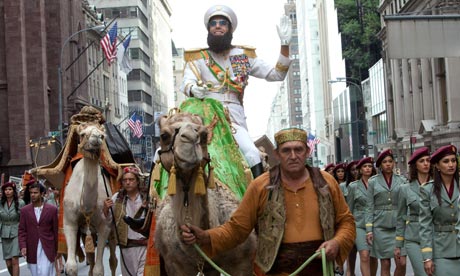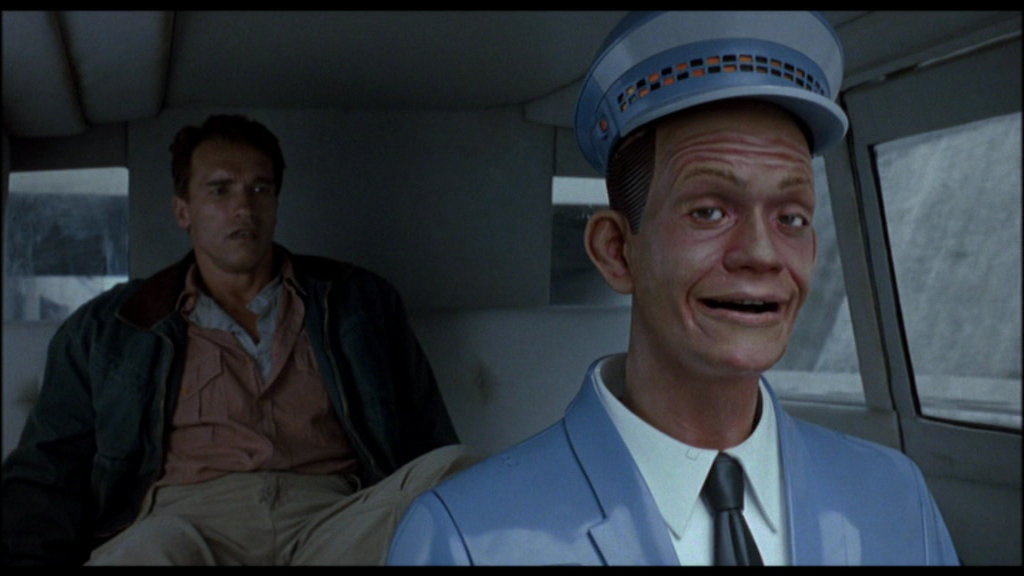Showrunner: Michael Schur
I'm not exaggerating at all when I say that currently Parks and Recreation is the best political show on television, and by the end of its run if it continues at this level, it will be known as one of the great television shows about politics ever. This season saw Leslie Knope running for a city council position. The city council race allowed the writers to do very important things at the same time. First it enabled them to comment on political campaign and elections in general using Pawnee as a microcosm of American politics, something they do frequently and effectively. We saw unrealistic campaign promises, an uneducated electorate, the importance of photo opportunities, and much more.
The second thing the city council race did was enable the audience to learn so much more about Knope. We know her as an optimistic, idealistic, and ambitious politician who actually believes in her job and genuinely wants to make an impact in the world, but in the election we see her struggle much more than we've seen in the past. Impressively, even throughout the struggles she continues to be idealistic. Rarely do we see this type of idealistic politician character on TV actually work without coming off as naive and annoying. But the characters on this show, and especially Knope, are all charming people who want to do good, and because they are in a parks and recreation department of a small town they can do so. I can't imagine a more perfect setting for a genuinely idealistic political show. The higher up you go in the political arena, the harder it is to get what you want done, and so in a comparatively low stakes setting like in Parks and Recreation, idealism works because individuals and small groups have the power to make big impacts on a small city by doing something as small as fixing water fountains. This show is not just as good as The Office when it was at its best, but probably even better. It's not just hilarious and smart, but it can also be deeply emotional sometimes, and that emotion is honestly the most impressive quality it has.
Grade: A-











